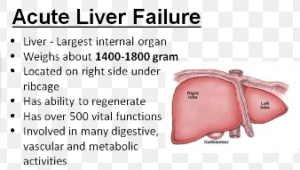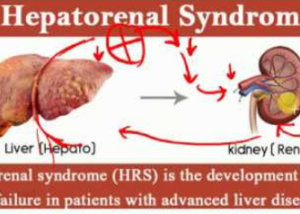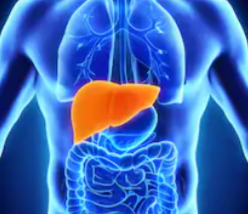
It’s not just an issue of not enough donor livers; it’s an issue that for some patients whose livers are failing, a transplant would mean certain death.
But let’s assume that plenty of livers are available. Nevertheless, some patients still would not be put on the transplant list.
But why not, if they’re going to die from liver failure anyways?
Well, imagine the huge cost and time expenditure involved if all of those particular patients—who are deemed unsuitable for a liver transplant—are prepped for the procedure anyways, what with all the medical professionals required to carry out the procedure from beginning to end.
It would drain resources—and for what? Such a patient would die anyways.
It would be medical malpractice to attempt a liver transplant on a patient who is clearly not a good candidate for this procedure.
Now add to that the reality that there are few donor livers available relative to the number of suitable candidates who need them.
“There are a number of contraindications to liver transplant, some that are absolute contraindications and others that are relative contraindications,” says Daniel Motola, MD, a top board certified gastroenterologist and hepatologist providing same-day and next-day services in NYC with Gotham Medical Associates.
“Absolute contraindications include extrahepatic malignancy [cancer beyond the liver], active substance abuse, active infection or sepsis, or severe multi-organ failure.”
The severe multi-organ failure would refer to severe heart failure and/or severe kidney failure.
“Other factors include hepatocellular carcinoma that is metastatic or involves the liver too extensively in terms of number and size of lesions.
“In general, the patient must not have medical conditions that would limit the ability of the patient to tolerate and survive the transplant surgery.
“The flip side of this is that patients should have a higher risk of death without the transplant than with the transplant.”
Dr. Motola continues, “Patients with cirrhosis that are compensated and have a MELD score less than 15 are not candidates for evaluation.
“They are too healthy and are not at a stage that their mortality without the transplant is high enough.
“Relative contraindications include lack of social support or psychological conditions that risk compliance with post-operative care, advanced age [over 80], or severe hepato-pulmonary syndrome.
“The overall health and nutritional status is also important as is the body habitus, as severe morbid obesity may be a relative contraindication.
“If there were no shortage of livers the absolute contraindications would still hold true.
“If the patient has a high likelihood of medical noncompliance or poor psychosocial supports this might be a relative contraindication due to risk for graft failure from lack of appropriate immune suppression.”
If you are interested in a consultation with one of Gotham Medical Associates’ gastroenterologists please call 212-227-3688 or book online. Our staff will be happy to assist you, your family member or friend.

 In addition to his liver transplant expertise,
In addition to his liver transplant expertise, 
























